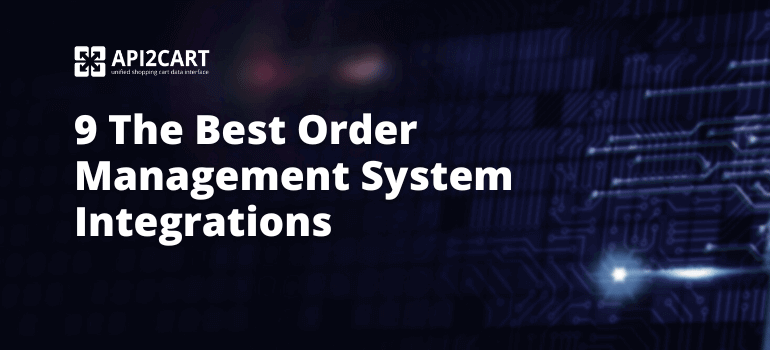
Multi-channel eCommerce software greatly depends on integration with shopping carts and marketplaces to automate most of its operations: getting information on products, orders, shipments, inventory levels, etc., organizing it into data feeds, and updating across all channels.
When building multi-channel software, you need to ensure it can accurately retrieve, process, and add this information. This involves developing dozens of connections, including those with shopping platforms that merchants run their stores on.
Integration with shopping carts and marketplaces powers the majority of features and processes that every multi-channel software covers:
- retrieve products lists along with prices, images, descriptions, attributes, variants, categories, etc.
- create and update product listings and prices on multiple platforms
- notify on order statuses
- manage orders throughout all sales channels from a single place
- control inventory stock levels and shipping
- organize the data in detailed reports
However, the integration can be harder than you think. And API2Cart does the hardest part of it for you. API2Cart makes integration with multiple shopping carts and marketplaces so much easier, faster and cheaper.
Having dealt with hundreds of integrations, our team have learned the pain points that various web and mobile applications face. With these in mind, we crafted our unified API that lets your product communicate with clients’ stores, be they based on Shopify, Magento, WooCommerce, or any other shopping cart that we support.
In the guide you will learn all about what it takes to make your Multi-Channel software to retrieve and add data from customers’ stores seamlessly (which are based on different shopping carts and marketplaces).



